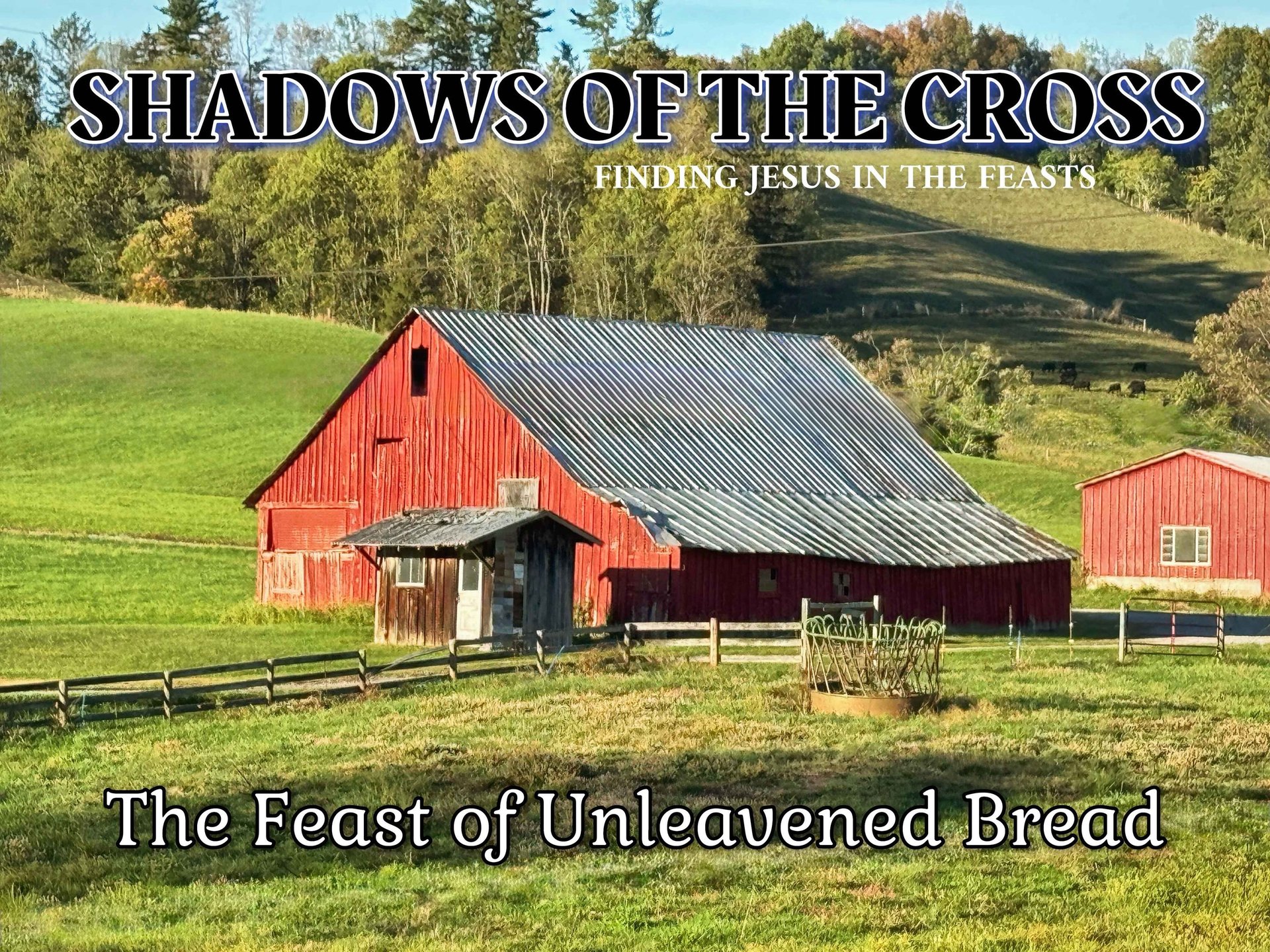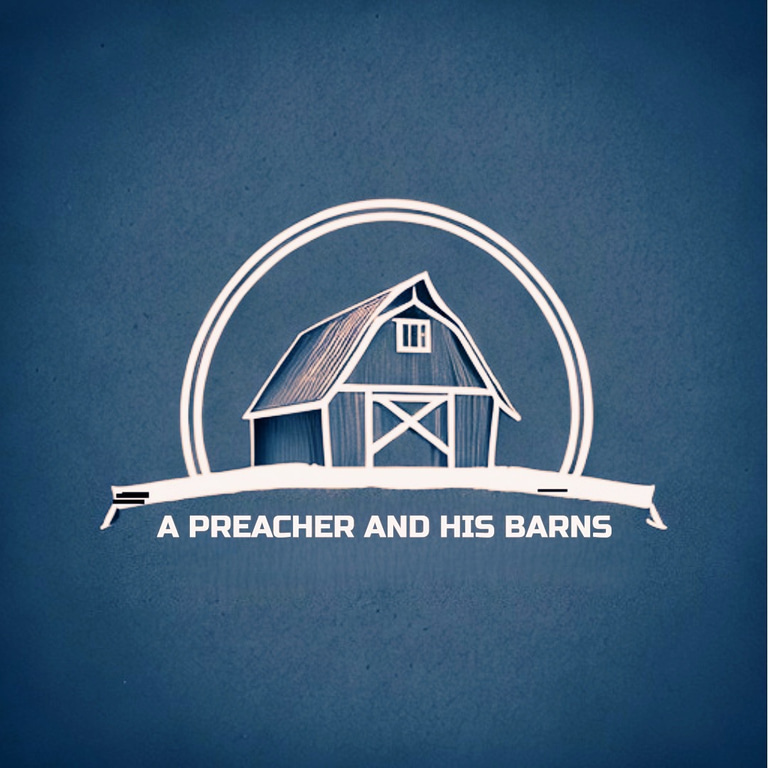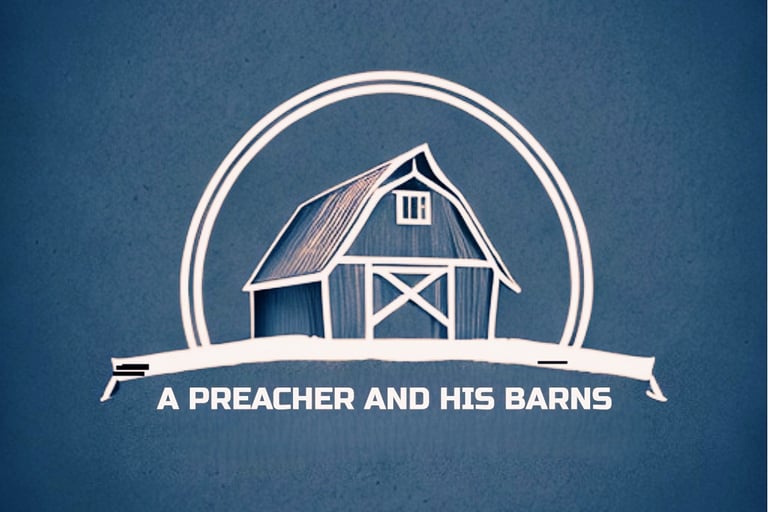The Feast of Unleavened Bread
The Feast begins the day after Passover. The blood of the lamb covers the doorpost … then comes the bread of obedience. Redemption always points to holiness.


The Feast of Unleavened Bread
Returning to our look at the Spring feasts of Israel, the Feast of Unleavened Bread follows immediately after the Passover. Let’s take a look at what the feast is about, how it is celebrated, what is the meaning behind the different elements and how nod we find Jesus in this feast?
The unleavened bread if this feast is sometimes called the The Bread of Freedom.
“You shall eat unleavened bread for seven days … for on this very day I brought your hosts out of the land of Egypt.” — Exodus 12:17
The book of Exodus tells the history of God’s people being delivered from slavery. When the Israelites left Egypt, they didn’t have time to wait for dough to rise. Their bread was flat and simple — no yeast, no delay. God was moving, and they had to move with Him. So began the Feast of Unleavened Bread: seven days of eating what they called “the bread of affliction,” yet it was also the bread of freedom.
Each year, Jewish families would sweep through their homes, searching every corner to remove even a crumb of leaven. Every hidden speck symbolized the old life — pride, sin, corruption — that had no place among God’s redeemed people. As they ate the unleavened bread, they remembered not only what God brought them from, but what He was leading them to: a new life marked by purity and haste to follow Him.
The Feast begins the day after Passover. The blood of the lamb covers the doorpost … then comes the bread of obedience. Redemption always points to holiness. The one who has been rescued must now walk differently.
For believers, this feast still whispers the same truth: God saves us to make us new. Once we’ve left our Egypt, we can’t keep the yeast of our old habits on the shelf.
What “leaven” might God be calling us to sweep out of our own hearts? Are there places where we’ve lingered when God has said, “Move now”? Have you earnestly searched your own heart for those remnants of sin that remain?
The bread of freedom may be simple, but it is satisfying — because it’s kneaded in obedience, baked in faith and eaten in grace.


